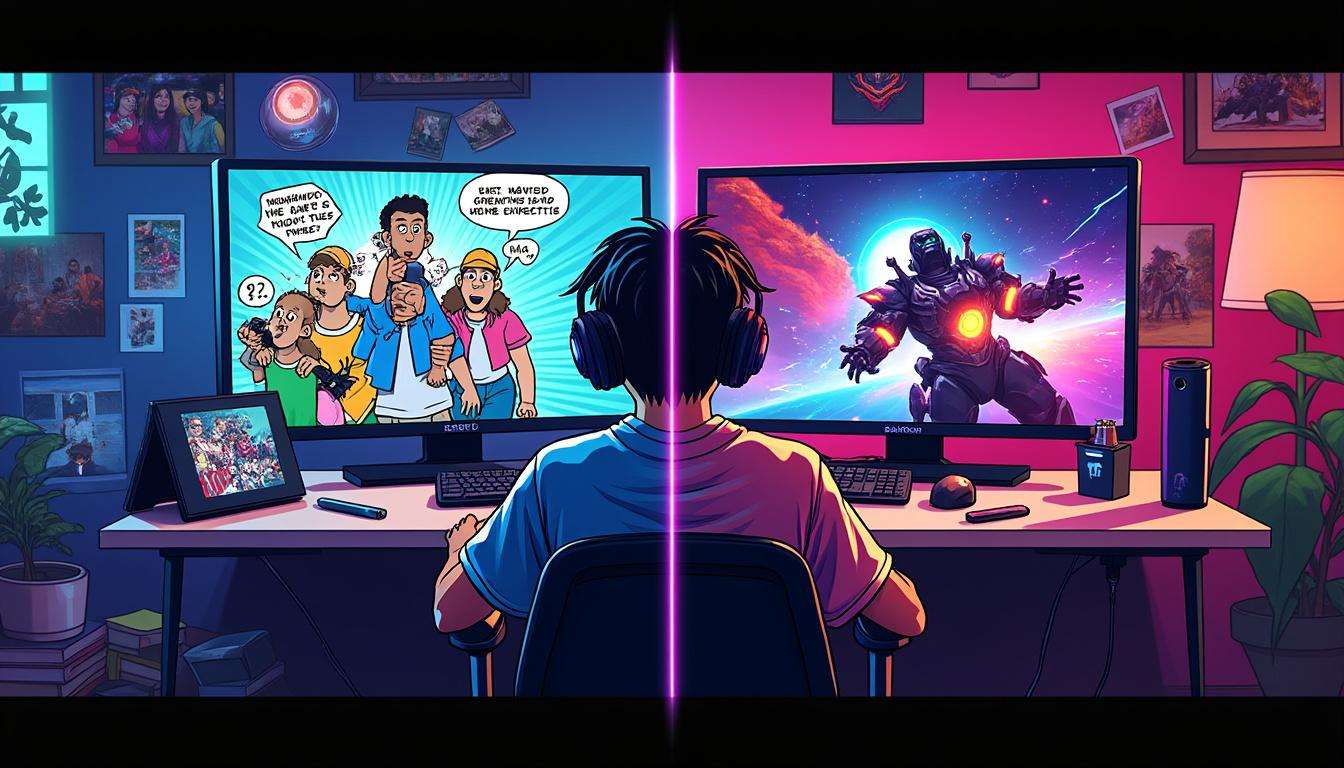Faker, widely regarded as one of the greatest professional gaming icons in League of Legends history, recently addressed his surprising disconnect with TV shows based on the game’s universe. Despite his legendary status in esports and unmatched skill on Summoner’s Rift, Faker openly shared that his knowledge about the lore and details of League of Legends-themed TV shows is limited. He compared this disconnect to asking an Iron rank player for expert advice on competitive League of Legends, illustrating how expertise in gameplay doesn’t necessarily translate to familiarity with all aspects of the game’s media extensions.
Faker Shares His Perspective On League Of Legends TV Shows
In a candid moment during an interview, Faker revealed:
- Limited knowledge about TV shows related to League of Legends, despite being a symbol of competitive gaming excellence.
- He drew an analogy between his lack of familiarity and an Iron-ranked player’s understanding of professional gameplay strategies.
- This highlights a clear distinction between professional esports gaming and the surrounding entertainment, such as animations or TV series developed by Riot Games.
This insight challenges the common assumption that esports pros like Faker keep up with every aspect of the game’s universe outside of the core competitive scene.
Understanding The Divide Between Competitive Play And Lore
Faker’s statements shed light on a broader issue in the gaming community: a professional gamer’s focus is predominantly on gameplay mechanics, strategy, and performance, rather than the narrative contents of adaptations like TV shows. This is particularly clear in complex titles such as League of Legends, where the competitive layer often works independently from the storytelling features.
- Professional players prioritize honing skills crucial for ranked success and esports tournaments.
- Lore enthusiasts and fans of TV shows often come from different segments of the gaming community.
- Riot Games continually expands League’s universe with new content, but not all pros track these developments.
This divergence can explain Faker’s analogy: just as an Iron rank player focuses mostly on core gameplay basics, Faker himself stays invested in high-level gaming rather than entertainment variants.
Impact On Esports Community And Fan Expectations
Faker’s remarks sparked discussions across streaming platforms and esports forums about the expectations placed on professional players to be experts on all game-related content. The reality, however, is more nuanced:
- Esports training demands intense focus: Pros like Faker dedicate countless hours mastering mechanics, team coordination, and meta-game knowledge.
- TV shows and cinematic lore serve to expand the game’s universe, attracting diverse fans who may not engage with competitive gaming.
- The skills and interests required for professional gaming differ fundamentally from those needed to appreciate entertainment adaptations.
In fact, expecting a pro gamer to be deeply familiar with all content risks overlooking the varied appeal of League of Legends and the broad spectrum of its community.
Why The Separation Between Lore And Competitive Play Matters
The divide emphasized by Faker carries meaningful implications for Riot Games and its content strategy. Managing expectations and tailoring content delivery helps sustain interest in both competitive gaming and the expanding League universe:
- Engagement strategies must recognize different audience segments, from hardcore esports followers to lore enthusiasts.
- Pro players continue focusing on mechanical excellence while Riot Games explores storytelling in TV shows and other media forms.
- Educational resources like beginner’s guides to League spin-offs, for example, Legends of Runeterra, offer entry points for casual fans wanting to explore deeper without competitive pressure. (Discover the beginner’s guide to Legends of Runeterra)
This balance ensures that the ecosystem of gaming, streaming, and entertainment thrives holistically in 2025 and beyond.

